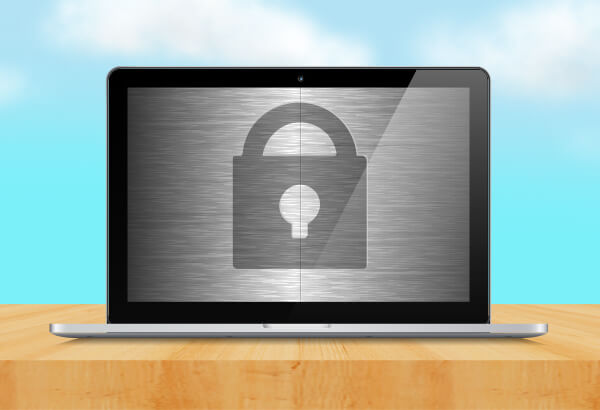For sure, 2014, has been tiresome and shocking for the entire computer security world. With a whole new range of vulnerabilities surfacing up and some major bug fixes throughout the year, this year really went exciting enough. If at all you missed any of this, catch more of the biggest security stories of 2014 here.
One of these biggest security pieces is the end of services by TrueCrypt. In May 2014, the creators of TrueCrypt ended the services offered by the popular encryption tool. This decision was based on several security concerns and some licensing issues playing their part. TrueCrypt was anyways humble enough to recommend its users to look for alternative solutions. BitLocker, undoubtedly is a the perfect alternative as it can get and here’s our take on this Microsoft’s Encryption Tool.
Understanding What BitLocker Is All About:
BitLocker is Microsoft’s encryption tool for Windows. Not all Windows Operating Systems have BitLocker in them, but you don’t have to worry if you’re running on the Enterprise editions of Vista, Windows 7 and Windows 8 or the Pro version of Windows 8.1. All these Operating Systems including few Windows Servers support BitLocker.
The main thing about BitLocker is it helps you pile on additional security to your data with encryption. BitLocker, being a drive encryption tool means that it makes all the data on your drive unreadable for everyone except you. Thus offering you the best protection in case of offline attacks.
Here protection against offline attacks is applicable in case of USB drives, wherein the entire data can be encrypted. So, even if you were to lose your USB drive (or say gets stolen), there’s no harm in it. And the other person surely cannot read what’s inside the drive.
The System Requirements:
For BitLocker to run, you’ll need to have any one of the above mentioned Operating Systems. Also the minimum number of drive partitions should be two. So that you can make sure you aren’t encrypting the systems volume, i.e. from where your computer boots. Because it would only make the booting process more tedious if encrypted.
The other main requirement is the TPM (Trusted Platform Module). If you know what is TPM is you can skip the next section. If not, then we recommend you to go through the next section as well.
And in any case you are dubious if your computer matches the above criteria, there’s nothing you’ll have to worry about. Once you run BitLocker, it will run a system check just to check if it can operate on your computer.
Trusted Platform Module (TPM):
TPM is a hardware module present on all of those motherboards manufactured after 2006. It is a chip which carefully monitors the booting process, just to make sure there’s nothing messing with it, in order to get around the encryption.
However, the functioning of a TPM is not fixed. Based on your choice, the TPM may ask for a PIN before the OS loads or you may use a particular USB drive as a key to log onto your computer. Or you could do both, however you set it, the TPM monitors the sequence of operations according to your consent.
Why Should Anyone Use BitLocker?
If you are concerned about your data theft or privacy, then believe me, BitLocker is the best tool you are going to get; that too with purchasing a computer. Actually, this is a military grade tool which is developed keeping in mind how digital our lives have become. And surely we believe its one of the best of what Windows could offer us.
Do you like the idea of BitLocker? Are you currently using BitLocker? Do you have any other doubts about this tool? Talk all about it in the comments sections. Let people hear you out.

